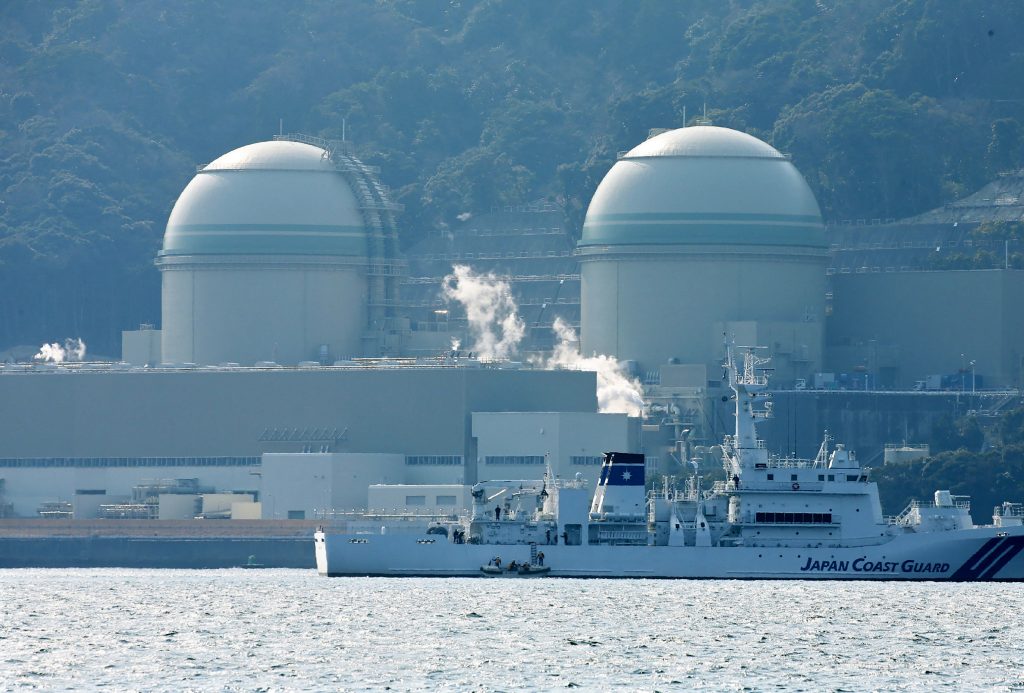
- ARAB NEWS
- 31 Jul 2025

TOKYO: An experts panel under a council advising Japan’s industry minister broadly approved a plan Monday to extend the operating life of nuclear power reactors beyond the current 60-year limit, by not counting suspension periods, such as for safety screenings, in the total length of time.
The new rule will be included in the electricity business law. The industry ministry plans to submit a bill to revise the law to next year’s regular session of the Diet, Japan’s parliament.
At the day’s meeting of the experts panel under the advisory committee for natural resources and energy, the ministry presented a draft of its action plan for the country’s nuclear policy going forward. The plan says that next-generation nuclear reactors should be built initially as replacements for existing reactors for which decommission decisions are made.
After the March 2011 triple meltdown at Tokyo Electric Power Company Holdings Inc.’s tsunami-stricken Fukushima No. 1 nuclear plant in northeastern Japan, the country’s nuclear reactor regulation law was revised to set the maximum reactor operating period at 40 years in principle. The revised law also stipulates that the operating period can be extended only once, for up to 20 years, if approved by the Nuclear Regulation Authority.
Because the number of plants in operation would continue to decrease under the current 60-year limit rule including suspension periods, however, the ministry sees a need to make the most of existing reactors to ensure the stable power supply and promote decarbonization.
The envisioned rule change aimed at allowing reactors to operate more than 60 years would mark a major shift in the country’s nuclear energy policy set after the March 2011 accident.
The draft action plan calls for creating a system that allows nuclear reactors to operate effectively beyond the 60-year limit, by excluding suspension periods reflecting factors such as the NRA’s safety checks and court orders for halting operations, from the total operating period, while spelling out that the existing rule should remain in place in principle.
The ministry stopped short of seeking to scrap the 60-year limit, believing that lifting the cap would be taken to suggest the government’s approval for reactors operating for an indefinite period and would therefore be opposed strongly by host local communities.
New rules will be introduced to require reactors to receive safety approval every 10 years or less once they turn 30 years old.
The NRA will remain in charge of conducting safety checks for extending reactor operating periods.
As part of the government’s efforts to facilitate the reactivation of idled reactors, a team will be created to help local communities hosting nuclear power stations and nearby areas draw up plans for evacuation in the event of accidents at the plants.
JIJI Press